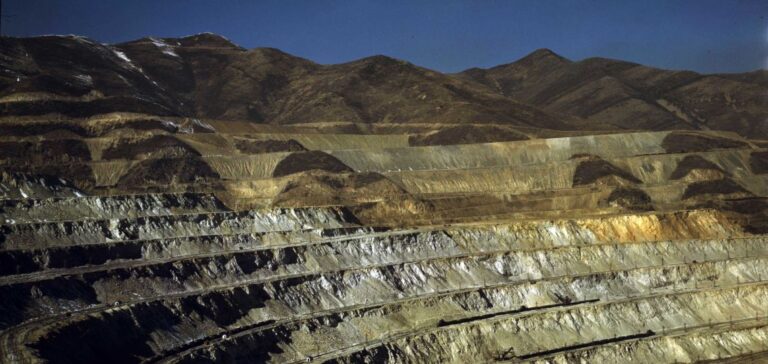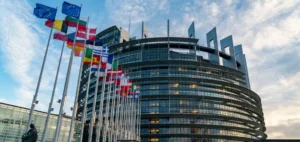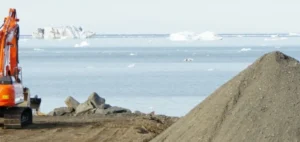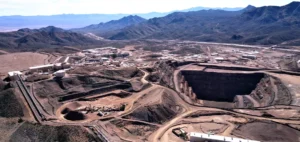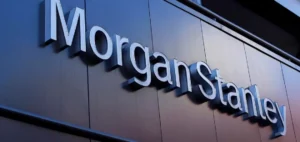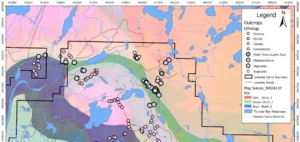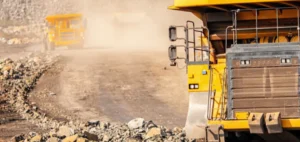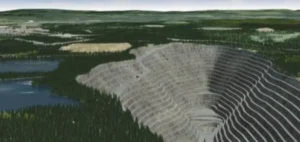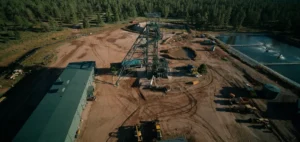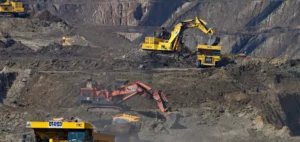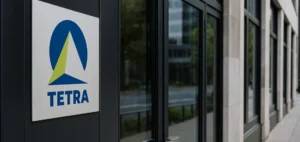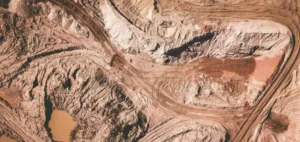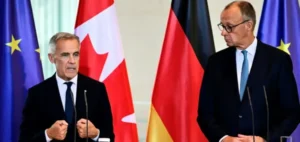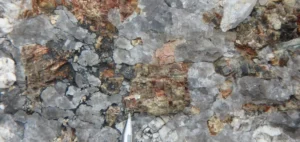The European Union plans to allocate €800bn ($866bn) over four years to strengthen its military capabilities, an unprecedented initiative that reignites concerns around strategic metals. This plan, introduced by European Commission President Ursula von der Leyen, allows member states to increase their defence budgets by up to 1.5% of gross domestic product, while granting access to a €150bn joint loan mechanism for group procurement.
Industrial demand on the rise
Modern military equipment relies on a variety of critical materials such as rare earths, tungsten, gallium and cobalt, essential for the production of jet engines, radar systems and smart munitions. Although the required volumes are relatively low, the irreplaceable nature of these materials and the geographic concentration of their production present major risks. China currently controls a significant share of extraction and refining of these resources, increasing Europe’s strategic vulnerability.
The North Atlantic Treaty Organization (NATO) has published a list of 12 materials deemed essential to maintaining its technological edge and operational readiness. The European Union and the United States have also released similar classifications to guide supply strategies and encourage industrial cooperation across the continent.
Critical dependencies and production limitations
Russia’s invasion of Ukraine has exposed long production lead times for key military components, particularly ammunition, according to Benedetta Girardi, strategic analyst at the Hague Centre for Strategic Studies. “The immediate availability of raw materials is not the main issue. Rather, it is the limited European industrial capacity and extended import timelines that present a challenge,” she stated in a message to S&P Global Commodity Insights.
In the medium term, concerns are shifting towards securing supply chains against geopolitical risks. Recent Chinese restrictions on the export of graphite, germanium, gallium, indium and other rare metals have amplified European concerns.
Cross-sector competition for resources
Europe’s response includes the Critical Raw Materials Act, which aims to relocalise some extraction, processing and recycling capacities. However, implementation delays and financial hurdles limit the short-term impact.
According to S&P Market Intelligence, the global lithium carbonate market is expected to face a deficit of 416,000 tonnes by 2035, while the refined cobalt supply will fall short by around 3,000 tonnes. These projected shortages affect defence as well as the energy, automotive, medical and information technology sectors.
“Metals such as lithium, gallium and germanium are already under significant strain, and defence needs cannot be considered in isolation from other industrial uses,” Girardi said. This convergence in demand heightens the challenges for European policymakers seeking strategic autonomy.


